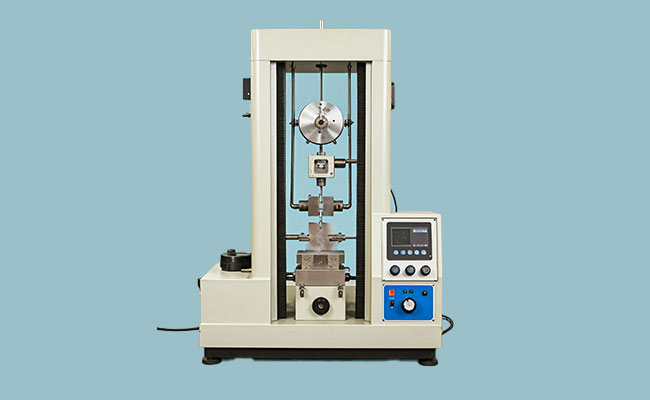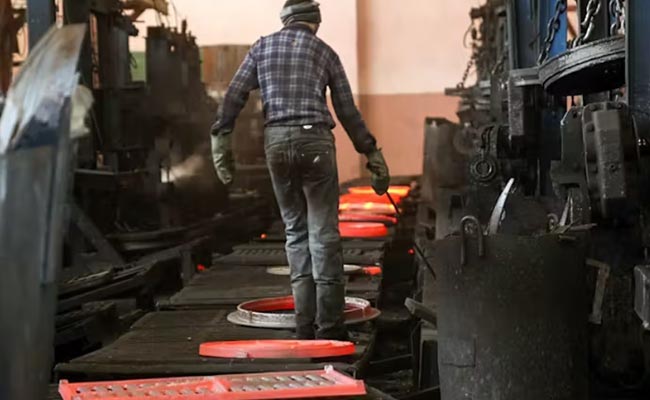
Spectroscopy
2024-11-11
Happy Thanksgiving
2024-11-25A tensile testing machine is a mechanical testing device used to measure the tensile strength and other mechanical properties of materials. It applies a controlled tensile load to a specimen and records the resulting deformation.
Key Components of a Tensile Testing Machine
- Load Frame: The main structure of the machine that supports the specimen and applies the load.
- Grips: The devices that hold the ends of the specimen securely in place.
- Load Cell: A transducer that measures the applied load.
- Displacement Measurement System: A device that measures the deformation of the specimen.
- Control System: The electronic system that controls the loading rate and records the test data.
Testing Process
- Specimen Preparation: A standardized test specimen is cut from the material to be tested.
- Mounting: The specimen is securely mounted in the grips of the testing machine.
- Load Application: The machine applies a controlled tensile load to the specimen.
- Data Collection: The load and deformation data are recorded by the machine’s control system.
- Analysis: The collected data is analyzed to determine the material’s mechanical properties, such as ultimate tensile strength, yield strength, modulus of elasticity, ductility, and elongation.
Types of Tensile Testing Machines
There are several types of tensile testing machines, each with its own advantages and disadvantages:
- Mechanical Testing Machines: These machines use mechanical means, such as gears and levers, to apply the load. They are typically used for lower load capacities.
- Hydraulic Testing Machines: These machines use hydraulic pressure to apply the load. They are capable of handling higher loads and can be used for larger specimens.
- Electrohydraulic Testing Machines: These machines combine the advantages of mechanical and hydraulic testing machines. They offer precise control over the loading rate and can handle a wide range of loads.
Applications of Tensile Testing
Tensile testing is used in a wide range of industries, including:
- Materials Science: To study the mechanical properties of new materials.
- Manufacturing: To ensure that products meet quality standards.
- Research and Development: To investigate the behavior of materials under different conditions.
- Failure Analysis: To determine the cause of product failures.
By providing accurate and reliable data on a material’s mechanical properties, tensile testing machines are essential tools for quality control and product development.




